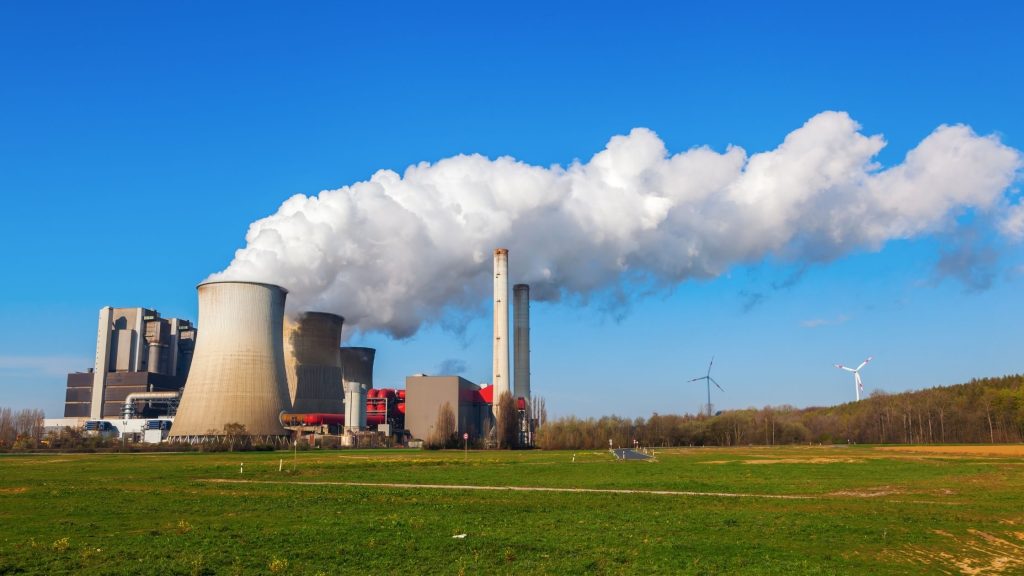A recent UN report has highlighted that the rate of fossil fuel production is increasing. It says the world’s largest fossil fuel producers plan to increase fossil fuel production in the coming years.
This UN report is strongly gaining everyone’s attention as a critical global climate conference is about to happen in November. According to the UN report, the rate of fossil fuel burning in 2030 will surpass the limits set as per global climate pledges.
According to the UN Environment Programme‘s assessment, 15 major fossil fuel-producing nations will produce about 110 percent more coal, oil, and gas in 2030 than is required to keep global warming below 1.5 degrees Celsius above pre-industrial levels, and 45 percent more than is necessary to limit global warming to 2 degrees Celsius.
Limiting global warming to those levels, according to researchers, is critical for avoiding the worst effects of climate change.
According to Researchers, this disconnect between government plans and global climate commitments is known as the “production gap,” which they say has remained “largely unchanged” from previous assessments since the annual report debuted in 2019.
According to the most recent forecast, coal will have the widest gap in production by 2030, with governments planning to produce almost 240 percent more of the resource.
They will produce 57 percent more oil and 71 percent more natural gas than the 2015 Paris Agreement requires.
While the statistics are sobering, governments still have the ability to change course and narrow the gap, according to Ploy Achakulwisut, a lead author of the study and a scientist with Stockholm Environment Institute.
The researchers looked at production plans and projections for Australia, Brazil, Canada, China, Germany, India, Indonesia, Kazakhstan, Mexico, Norway, Russia, Saudi Arabia (the United Arab Emirates), the United Kingdom (England) and the United States.
Despite the fact that China and the United States plan to decrease fossil fuel production, coal production in India, Russia, and Australia is expected to rise.
The announcement comes ahead of the UN-mediated worldwide climate talks in Scotland, at the beginning of November, where the emphasis will be on countries agreeing to more stringent fossil fuel cuts and setting a deadline for coal mining and use.
“We’ll need steeper, faster declines and potentially more disruptive transitions,” she continued. “The quicker we act, the better.”
